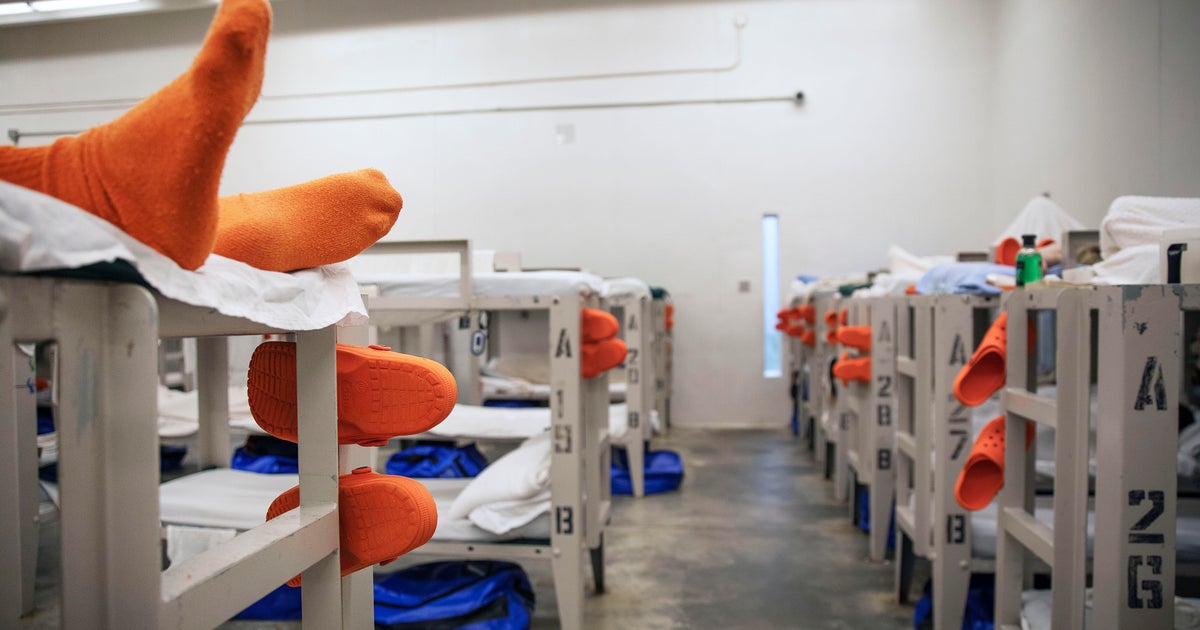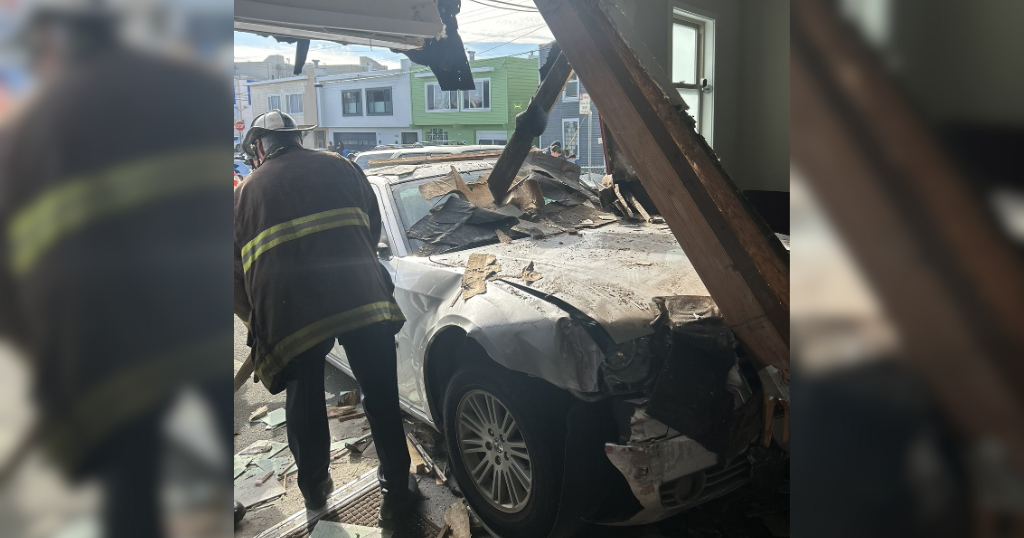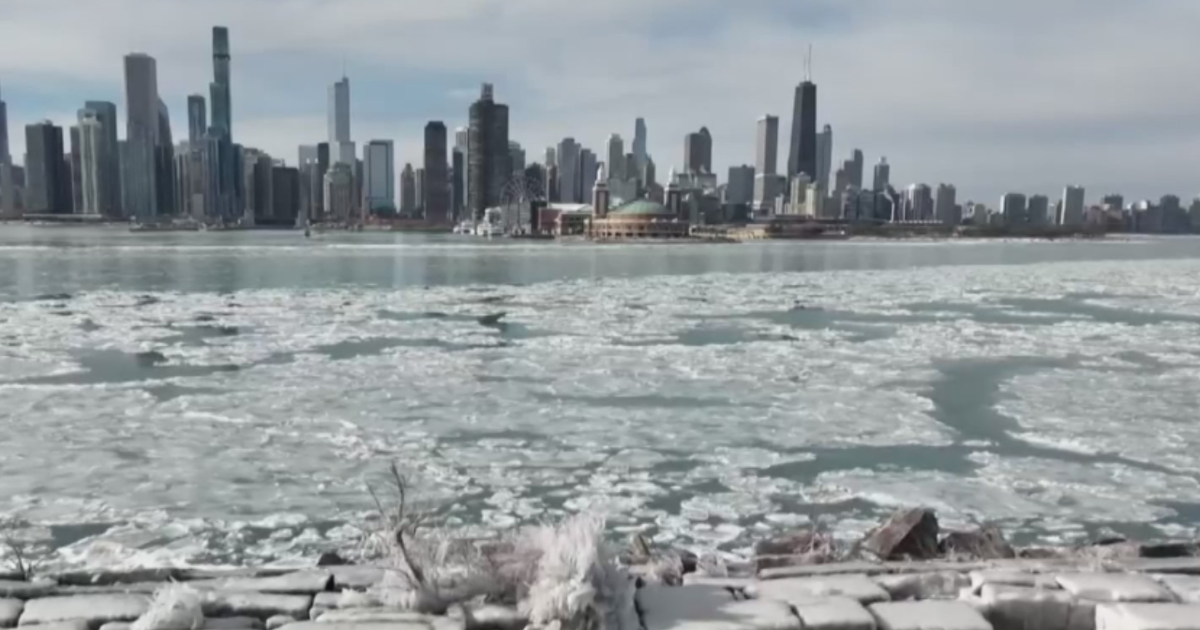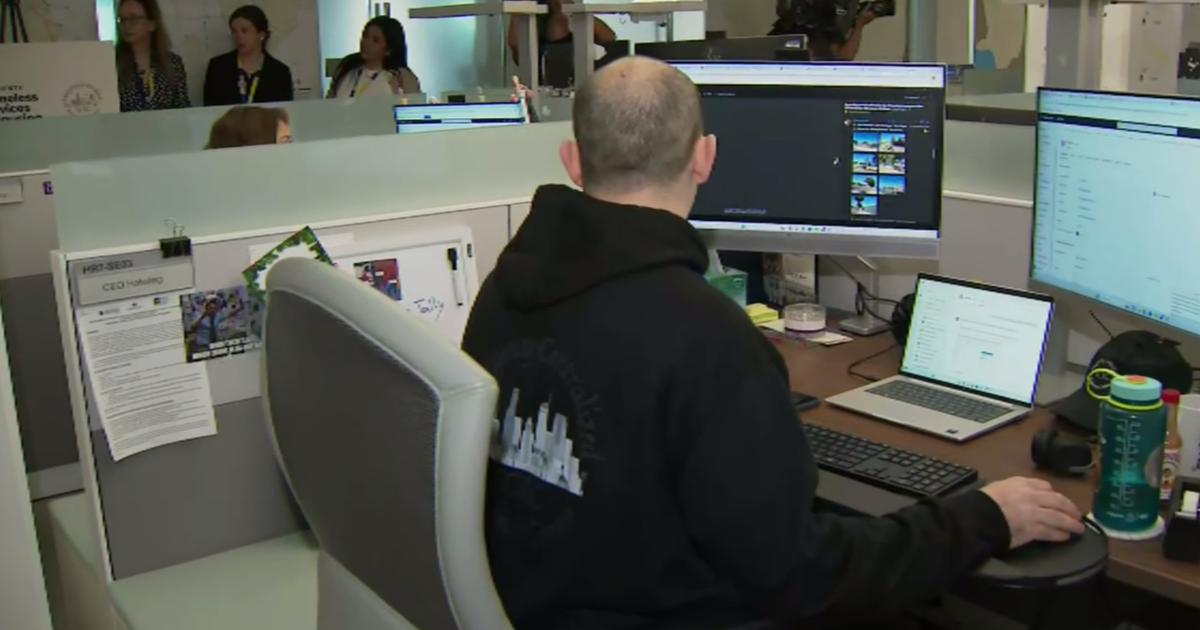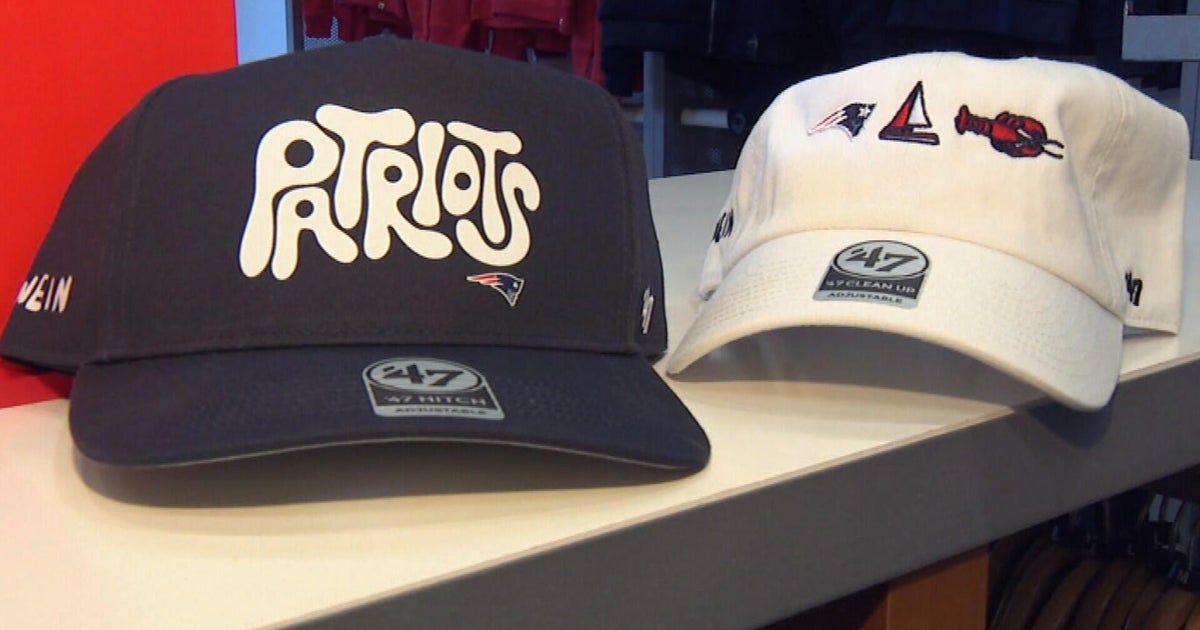Vancouver health officials take a unique approach to the fentanyl crisis
The last week of August is Overdose Awareness Week, an international campaign to address a truly international crisis. In the Bay Area, the conversation about the opioid epidemic often focuses on San Francisco, where 806 people died last year.
This week, KPIX will be looking at the opioid crisis through the lens of another city. It's a West Coast city famed for its incredible natural beauty, diverse culture, and cosmopolitan living. In fact, It's often cited as one of the most desirable places to live in the world.
Vancouver -- much like San Francisco -- has become one of the epicenters of the drug crisis. In both cities, fentanyl has been the primary driver of the overdose surge over the past ten years, But Vancouver, and British Columbia, have responded differently, using approaches we often just hear about in the United States.
"Like I said, I've been out here for far too long," explained Jeffrey Brocklesby. "Nobody's alive from when I started my addiction. Not one person. Not one."
Brocklesby has spent 20 years in the streets and alleys of Vancouver's Downtown Eastside. Everyone he knew when he started, all lost to the very same gamble.
"So there's crystal meth in there," he said of the drugs on a piece of tin foil. "And there's fentanyl. Hopefully that's what it is."
He admits that he's surprised that he's still alive, having been pulled into the crisis that will look very recognizable to San Franciscans.
"This is Main and Hastings," Brocklesby said of the nearby landmark intersection. "Also known as 'pain and wastings.' It's ground zero for the poverty in the city."
"I've watched everything happen down here," said Todd Allgood, another drug user in Downtown Eastside. "I've watched the streets evolve. When it was heroin down here, it was very quiet. This is new stuff. This is new with fentanyl. It's everywhere now. Fentanyl changed the lifestyle. It's wiped out a whole f---ing generation."
"We didn't even have a choice," Brocklesby said. "We were doing heroin. Then slowly but surely we started tasting something different about it. Dropping left and right. Oh, now there's a crisis. Everybody's dying."
Fentanyl took hold in Vancouver around 2014. Overdose numbers more than doubled in two years as the Downtown Eastside became an emergency room.
"These guys are out here in case there's an overdose in the area," explained health advocate Sarah Blyth, approaching one of her Narcan distribution tents.
"It's the community helping the community itself," she explained.
Blyth is Executive Director of the Van City Overdose Prevention Society. But back in 2016, she was managing a street market on Hastings.
"And since we were outside, more and more people would run to us with an overdose," she said. "So we basically set up exactly this. A tent, table and chairs."
At the time, Vancouver did have one official safe injection site. Blyth effectively forced the city to open more by opening her own.
"This is a health emergency," Blyth said of the action. "I don't care what any level of government says. No one's gonna sit there and watch people die."
"So in 2016, the government of BC [British Columbia] issued an emergency ministerial order telling health authorities that we could open and operate overdose prevention sites. Despite them being illegal in Canada," explained Dr. Mark Lysyshy, Chief Medical Officer for Vancouver Coastal Health.
In the eight years since the emergency was declared, British Columbia has leaned into the idea with dozens of sites.
"Now, as people have transitioned into inhalation, we're offering injection and inhalation, but they have to be indoor/outdoor facilities," Lysyshyn said of the shifting use habits.
Treatment services are also offered on-site, but the primary focus is mitigating the risk presented by the unpredictable street supply.
"We're all rolling the dice," Brocklesby said of the risk. "It's not fentanyl anymore. We're doing tranq and benzos."
As an alternative, British Columbia also provides drugs regulated by the government, referred to as "safe supply."
"We've seen the risk that can come from unregulated drugs," Lysyshyn explained. "And so we legalized them and made regulated versions so people don't immediately die when they consume them."
Todd Allgood, who has a back injury, receives two medications.
"I go to the IO twice a day for my half gram of heroin," he said of the treatment. "And that kills the pain."
"We know this helps people get treatment," Lysyshyn said. "It's part of the treatment journey. Because people who don't have access to this, who use dangerous street drugs, are at high risk of dying and they may never get the treatment."
So with safe use and safe supply, the Vancouver approach absolutely does differ from San Francisco's. It's a more aggressive use of harm reduction tools eight years into an emergency these cities share. Nearly a decade into the fight to save the next life.
"I want to wake up and live, and not just survive. Brocklesby said of his hope for the future. "I want to find some peace."
The human toll in suffering and lives is something both cities know all to well. The big question, of course, is how this is working for Vancouver? How are they measuring the success of these programs? Do the people of Vancouver and British Columbia feel like these strategies are working?
There are some familiar conflicts in this shared emergency. How some say these policies are dramatically reducing overdose deaths, and why there has also been a significant public and political pushback against some of these strategies, including an experiment with decriminalization. That's coming up in the next chapter of KPIX's look at Vancouver and what San Francisco can possibly learn from their experience.



